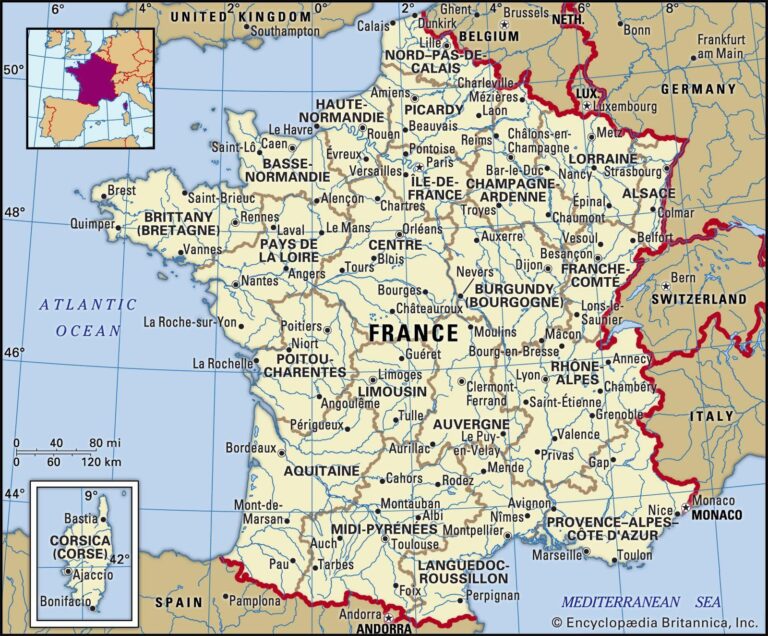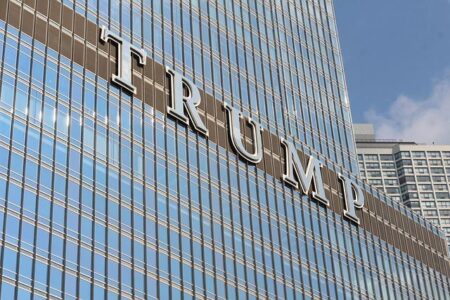French President Emmanuel Macron has indicated that Europe is poised to reimpose sanctions on Iran in the near future, signaling a toughened stance amid ongoing concerns over Tehran’s nuclear activities. Speaking to the media, Macron emphasized the need for a unified European response to Iran’s actions, reflecting growing tensions and the complexities of diplomatic efforts to curb Iran’s nuclear ambitions. The anticipated move comes as talks to revive the 2015 nuclear deal remain stalled, raising questions about the future of international negotiations and regional stability.
France Signals Imminent Return of European Sanctions on Iran Amid Nuclear Concerns
French President Emmanuel Macron has indicated that the European Union is poised to reinstate sanctions against Iran in response to escalating concerns over its nuclear activities. The move reflects growing frustration among EU leaders regarding Tehran’s reluctance to fully cooperate on nuclear inspections and its recent acceleration of uranium enrichment beyond previously agreed limits. Macron emphasized the necessity for a unified European stance to deter Iran from advancing its nuclear program, warning that diplomatic efforts might soon give way to stricter punitive measures.
The potential sanctions are expected to target key sectors of Iran’s economy, including:
- Oil exports
- Financial transactions
- Shipping and maritime trade
| Sanctions Aspect | Potential Impact |
|---|---|
| Oil Exports | Significant revenue loss for Iranian government |
| Financial Transactions | Restricted access to international banking |
| Shipping | Hindered import and export capabilities |
Macron’s remarks come amid heightened diplomatic efforts by European officials to revive the Iran nuclear deal, which has been in jeopardy since the United States’ withdrawal in 2018. The reimposition of sanctions marks a critical juncture, signaling Europe’s resolve to curb nuclear proliferation while balancing geopolitical tensions in the Middle East.
Macron Emphasizes Unified European Strategy to Address Iran’s Regional Activities
French President Emmanuel Macron has reiterated the need for a cohesive and robust European approach in response to Iran’s escalating regional activities. Speaking ahead of an upcoming European Union summit, Macron stressed that unity among member states is crucial to effectively address Iran’s influence across the Middle East. This includes coordinated diplomatic efforts and the likely reimposition of sanctions aimed at curbing Tehran’s destabilizing actions in countries like Syria, Iraq, and Yemen.
The proposed strategy emphasizes:
- Enhanced intelligence sharing between EU member nations
- Strengthened economic measures targeting Iranian entities linked to regional conflicts
- Support for ongoing nuclear non-proliferation efforts
| Key Area | European Focus | Expected Outcome |
|---|---|---|
| Sanctions | Financial restrictions on Iranian leaders | Limit Iran’s funding for proxies |
| Diplomacy | Unified EU stance in negotiations | Strengthen Iran containment |
| Security | Regional defense collaboration | Reduce conflict escalation |
Expert Recommendations Urge Diplomatic Engagement Coupled with Targeted Economic Measures
Global analysts emphasize that restoring dialogue between European nations and Iran remains crucial to addressing longstanding tensions without escalating the conflict. They argue that a dual approach-combining strategic diplomatic efforts with carefully calibrated economic sanctions-would yield the most constructive outcomes. This balance seeks to pressure Iran on nuclear compliance while leaving channels open for negotiation, preventing further destabilization in the Middle East.
Experts propose a nuanced framework focusing on:
- Selective sanctions: Targeting key sectors linked directly to nuclear development and military capabilities, rather than broad economic restrictions.
- Incremental engagement: Encouraging phased talks that gradually build trust and address core disputes.
- Multilateral coordination: Ensuring cohesive action among EU member states and international partners to maintain pressure while avoiding diplomatic fragmentation.
| Recommended Measures | Impact Area |
|---|---|
| Targeted oil export sanctions | Energy sector finance |
| Freezing assets of nuclear program affiliates | Nuclear development funding |
| Enhanced diplomatic missions in Tehran and Brussels | Political communication channels |
Wrapping Up
As tensions continue to mount over Iran’s nuclear program, President Emmanuel Macron’s remarks signal a potential shift in Europe’s approach, with sanctions likely to be reinstated in the near future. The developments underscore the fragile state of diplomacy between Iran and Western powers, and the broader implications for regional stability. Stakeholders will be closely watching how these moves unfold in the coming weeks, as efforts to curb Iran’s nuclear ambitions face renewed challenges.




